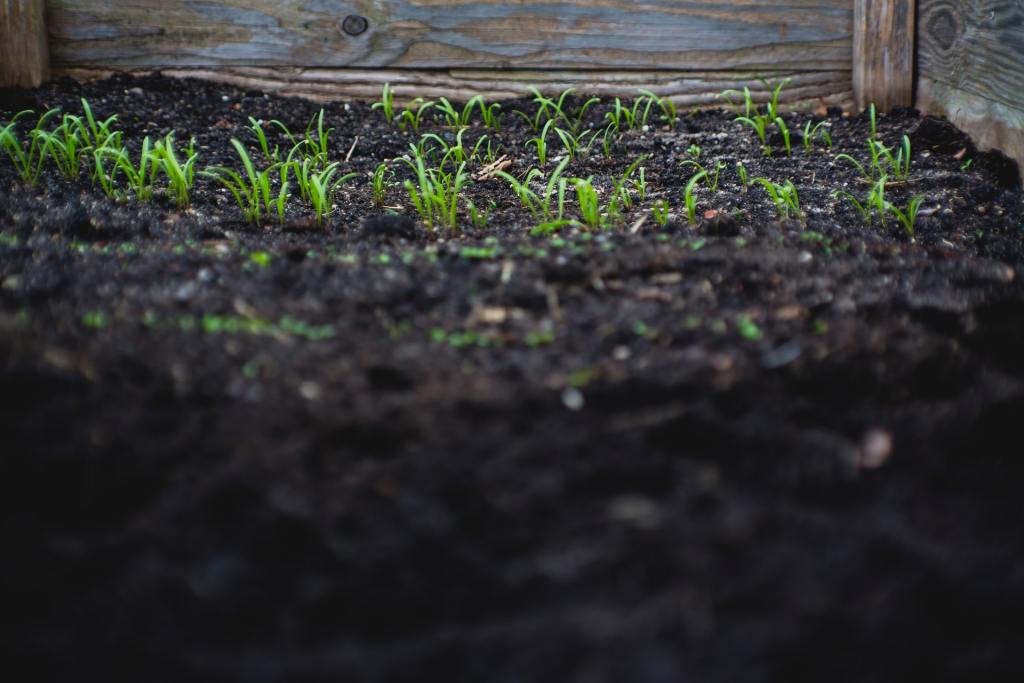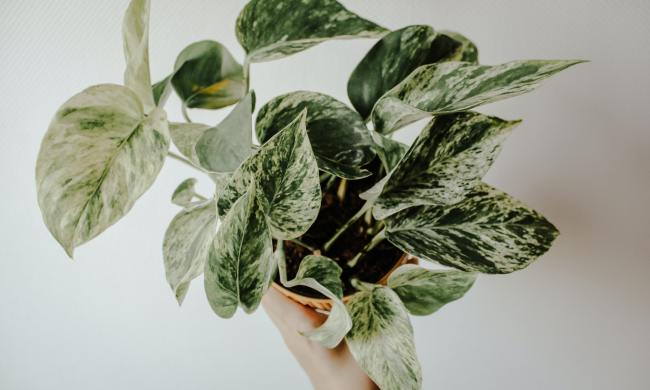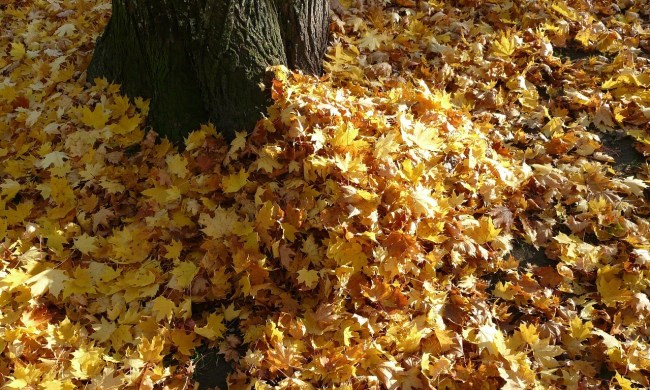It seems that almost every week there is a new trend in the gardening community. This trend has an intense name! Blood meal is becoming increasingly popular for gardeners to use as a supplement in their soil. Below we’ll be diving into precisely what blood meal is, how to use it, where to buy it, and why it’s beneficial to plants. Blood meal can be used in both vegetable and flower gardens, and it’s completely safe to consume veggies that were fertilized with blood meal.
What is blood meal?
Blood meal is a dry powder made from animal blood and is extremely high in nitrogen. It’s a byproduct of slaughterhouses and is usually made with cow or hog blood. This is an awesome feature since it is recycling a product that had been discarded. Many gardeners love this product for that reason alone. However, many are nervous or completely against blood meal since it is an animal byproduct. For those who want to avoid any animal material in their products, blood meal is not a good option.
How to use blood meal
Before applying fertilizer including blood meal, be sure to test your soil to find out what it needs. Adding blood meal to already nitrogen-filled soil could result in killing your plants.
Deciding how to apply blood meal to the garden will depend on the specific product you’ve purchased. Some products are recommended to be mixed in water and applied to the soil. Others are suggested for application directly to the soil. Read the instructions on the package of your blood meal to determine the best way to apply it.
The best time of year to supplement your garden with blood meal is spring. This is when all our plants are getting ready to grow and produce delicious fruits or beautiful flowers.
While adding blood meal, be careful not to add too much. An overdose of nitrogen can burn leaves and roots. This could kill or stunt the growth of plants.
Where to purchase
You might be surprised to learn that blood meal can be purchased at almost any nursery or department store, including Home Depot, Lowes, local nurseries, Walmart, and even Amazon.
Why it is beneficial to plants
As we mentioned above, blood meal is used in gardens when plants have a nitrogen deficiency. This is also known as chlorotic since nitrogen-deficient plants struggle or can’t produce chlorophyll. This results in yellow or pale leaves and lower plant growth.
In addition to being a quick remedy for lower nitrogen levels, blood meal can also be an excellent animal deterrent. The pungent smell of dried blood is offensive to animals like moles, squirrels, rabbits, and deer. If you’re struggling to keep these plant-eating pests out of your garden, blood meal could be an all-natural way to deter them.
Many gardeners report a boom in greenery in their gardens after using blood meal. The plants have an easy source of nitrogen, which allows them to produce chlorophyll, creating more green and lush-looking plants. This can make the vegetable garden more prolific and flowers bloom more often.
While it has a bit of an intimidating name, blood meal is an excellent source of nitrogen for plants that might be struggling to produce enough chlorophyll. Be sure to source blood meal from reputable and ethical companies and read the label thoroughly before applying to the garden. Over supplementation of nitrogen can burn leaves and roots, so it’s vital to use blood meal correctly.




